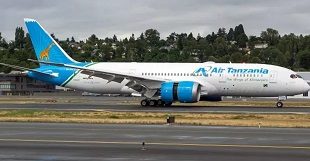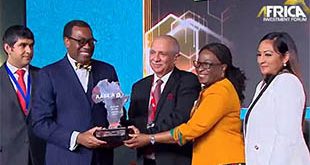The stalemate over Zuma’s departure has left Africa’s most developed economy in limbo, with a series of public events cancelled last week including Thursday’s State of the Nation address to parliament.
– Dispute over exit deal? –
Zuma’s hold over the ANC was shaken in December when his chosen successor — ex-wife Nkosazana Dlamini-Zuma — narrowly lost out to Ramaphosa in a vote for new party leader.
Sunday’s rally was part of ANC celebrations marking 100 years since Mandela’s birth — as well as efforts by Ramaphosa to repair the party’s reputation ahead of next year’s general election.
“We have arrived at a moment in the history of our country where we can relive that moment when Nelson Mandela was released…. We have a new mood right across the country, we can capture that mood and move forward,” Ramaphosa said.
Local media reported that Zuma’s potentially ruinous legal fees from prolonged court battles against multiple criminal charges were a key sticking point in the negotiations.
One case relates to 783 payments he allegedly received linked to an arms deal before he came to power.
He is also reportedly seeking legal protection for his family and other associates who have been involved in controversial deals.
“Even if the ANC meeting on Monday decides Zuma needs to step down, he can still refuse because they have no legal authority,” Mcebisi Ndletyana, politics professor at the University of Johannesburg, told AFP.
“He is not willing to step down voluntarily. They need to close this thing early this week.”
Opposition parties are calling for a parliamentary vote of no-confidence within days.
– Zuma silent –
Zuma has not spoken publicly since being asked to resign by senior ANC officials on February 4.
In 2008, the party pushed out then-president Thabo Mbeki over allegations of abuse of power.
Under Zuma, the ANC suffered its worst electoral setback since coming to power with Mandela at the helm in 1994, winning less than 54 percent of the vote in local elections in 2016.
 The Independent Uganda: You get the Truth we Pay the Price
The Independent Uganda: You get the Truth we Pay the Price


